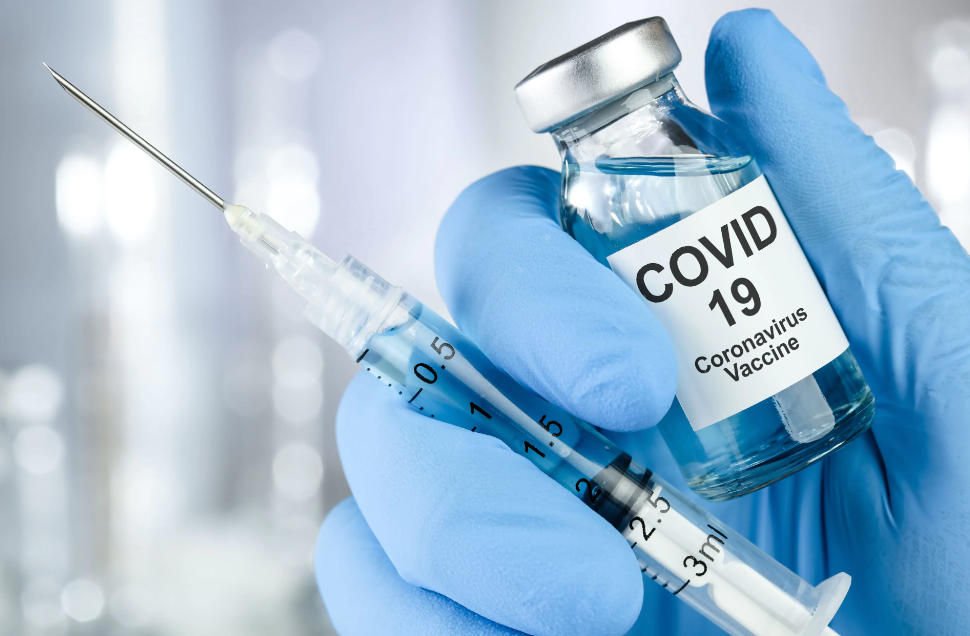Article
Respiratory Syncytial Virus Surged in November 2022, But the Season Is Now On the Decline
Author(s):
The 2022-2023 COVID-19 season did not have a significant surge of COVID-19 like it did early on in the COVID-19 pandemic.
The United States is experiencing a “triple-demic” of circulating respiratory syncytial virus (RSV), influenza (flu) virus, and COVID-19, according to an article published in Cleveland Clinic’s Journal of Medicine. While the 3 viruses can still cause severe illness or become fatal, surges for RSV and flu have already taken place within the span of the traditional flu season, with the COVID-19 surge being more mild this flu season than it has been over the past several years.
Leigh Prather - stock.adobe.com

However, further analysis of the 2022-2023 season, treatment options, and prevention remain valuable to understand the trends that may be occurring.
COVID-19
The XBB.1.5 variant currently accounts for about 50% of circulating COVID-19 cases, followed by BQ.1.1, which accounts for 25% of cases. Although hospitalizations rose slightly since late December 2022, the season did not have a surge like it did for the past 3 years.
“These latest variants don’t appear to cause more serious disease than their predecessors,” wrote the study author in the Journal of Medicine article. “Even though the ongoing COVID-19pandemic in the United States is mostly associated with mild illness…[it] cumulatively exceed(s)severe seasonal flu epidemic-associated deaths.”
Many ongoing studies continue to support the COVID-19 vaccine and booster doses as the best protective measures. The booster doses confer the primary dose’s protectiveness in immunocompromised adults and older adults. In a recent study, adults who were not up to date with their COVID-19 vaccine had up to a 50% higher risk of infection.
The FDA plans to administer a COVID-19 vaccine annually, hopefully reducing uncertainty about its availability. Similar to the flu vaccine, the COVID-19 vaccine will include strains that health experts believe could worsen the impact of the disease the following year (ie, prediction of the dominant strain for the 2023-2024 flu season). However, there is still a strong need for more oral antiviral agents, and health care professional need to continue recommending preventative treatment options to patients, especially those who are immunocompromised.
Flu
The current flu A (H3N2) strain began circulating earlier than COVID-19 during the 2022-2023 season, particularly in the Southern Hemisphere; it caused 1.6 times more hospitalizations than the cumulative rate of flu from the past 13 years. Cases of flu peaked during the first week of December 2022, but they have since declined.
The US Department of Health and Human Services through the Administration for Strategic Preparedness and Response will continue to provide more oseltamivir (Tamiflu, Genentech), the primary antiviral agent for flu, to patients across the country.
Misinformation remains a roadblock to vaccination for both COVID-19 and influenza. However, vaccination remains the most effective preventative measure against flu, despite the presence ofmisinformation propelled by myths about vaccine-related adverse events (AEs), which mayprevent widespread public trust in the vaccine.
RSV
RSV is the most common cause of lower respiratory tract infections (LRTIs) and is associated with severe disease in children and older adults. December and January are the peak months of seasonal RSV, but the 2022-2023 season observed a 5-fold increase in cases, which started even earlier in November. The surge “stretch[ed] resources and capacity of health care facilities that were already grappling with rising cases of COVID-19 and [flu],” the study author wrote.
While RSV-associated hospitalizations were lower in seniors than they were in children (both of whom are high-risk populations), RSV had a 10-times greater incidence rate compared to pre-pandemic rates in older US adults.
In 2022, a reduction in masking mandates and social distancing measures for COVID-19 may have also facilitated the spread of RSV among seniors. Early therapy with ribavirin (Rebetol,PENDOPHARM) and intravenous gamma globulin may be associated with improved survival against RSV in high-risk patients.
Reference
Mossad S. The perfect storm: An unseasonably early RSV annual epidemic, a severe annual flu epidemic, and a smoldering COVID-19 pandemic. Cleveland Clinic Journ of Med. May 2023. doi:10.3949/ccjm.90a.23007
Newsletter
Stay informed on drug updates, treatment guidelines, and pharmacy practice trends—subscribe to Pharmacy Times for weekly clinical insights.






